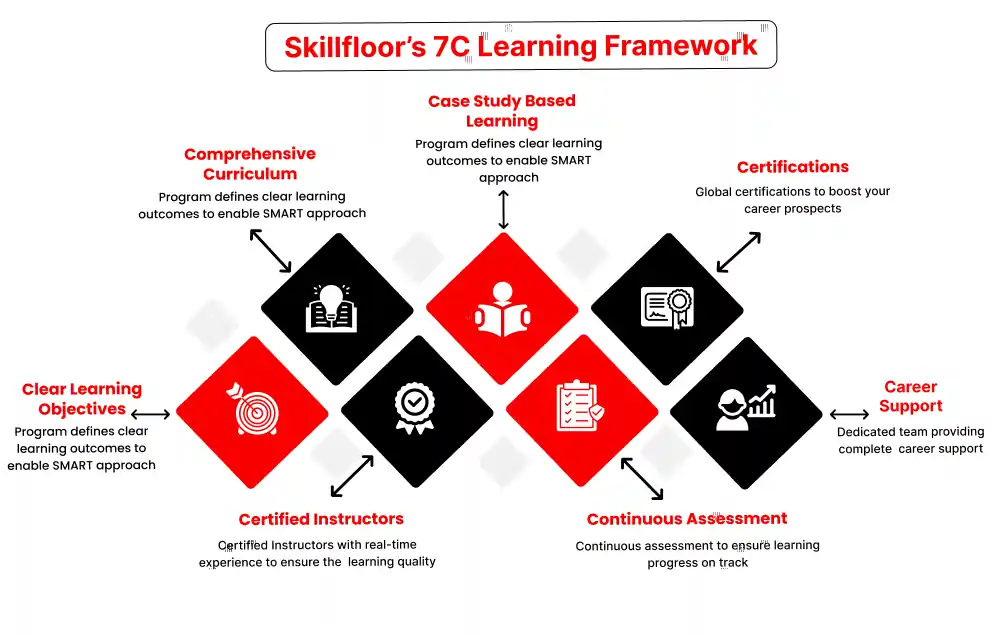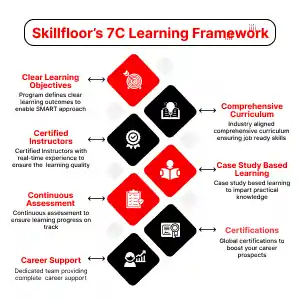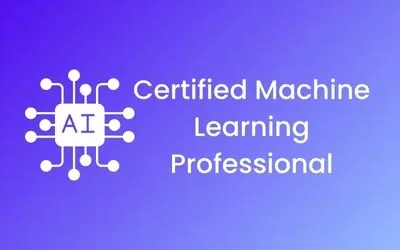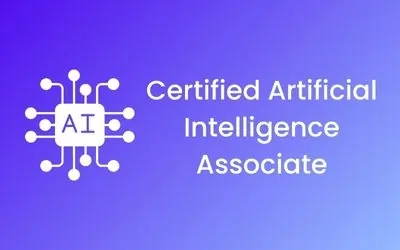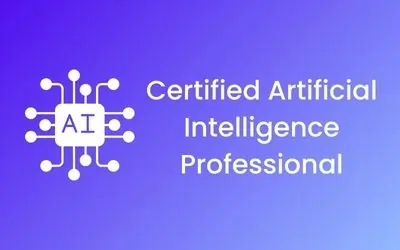Overview
The Computer Vision course is a fundamental part of any AI curriculum, focusing on teaching students how computers interpret visual data. Throughout the program, participants learn about various techniques and algorithms used to analyze and understand images and videos. By integrating concepts from machine learning, image processing, and pattern recognition, students gain a comprehensive understanding of computer vision fundamentals. This course covers essential topics such as object detection, image classification, and facial recognition, making it a vital component of any artificial intelligence curriculum. By the end of the course, students are equipped with the skills necessary to develop and deploy computer vision models effectively, making it an indispensable part of any AI course.
The Computer Vision course serves as a cornerstone within any AI curriculum, providing students with a deep understanding of the mechanisms behind visual perception in machines. Through a combination of theoretical lectures, hands-on projects, and practical exercises, participants develop proficiency in building and deploying computer vision models effectively. By the course's conclusion, students emerge equipped with the knowledge and practical skills required to harness the power of computer vision technology across various domains, making it a pivotal component of any comprehensive artificial intelligence course.
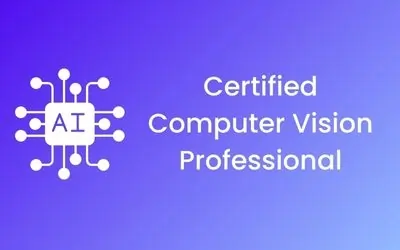
₹60,000
